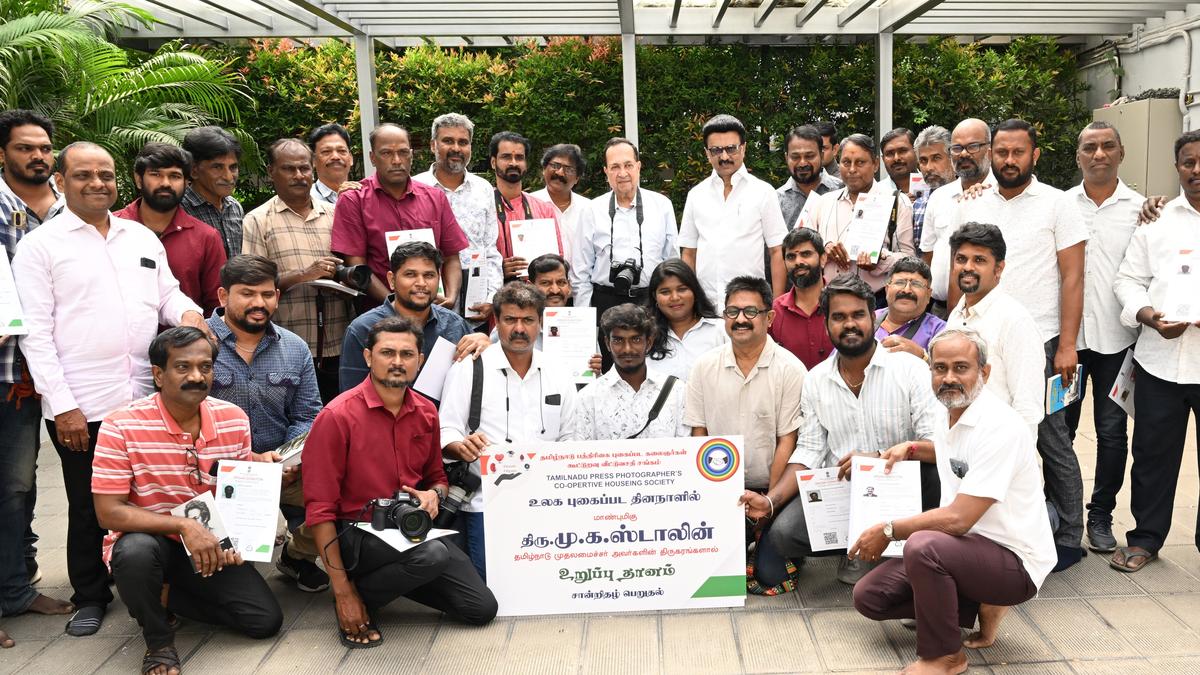The four-week ban on collecting toll at the toll plaza at Paliyekkara on National Highway 544, imposed by the Kerala High Court, will hold good as the Supreme Court refused to interfere with the High Court order.
A Supreme Court bench consisting of Chief Justice B.R. Gavai and Justices K. Vinod Chandran and N.V. Anjaria, which considered an appeal filed by the National Highways Authority of India (NHAI) , also requested the Division Bench of the Kerala court to “monitor the situation to ensure ease of traffic.”
The NHAI or the concessionaire can approach the court for lifting the prohibitory order on collecting the toll the moment smooth traffic is resumed. By the time, “let the citizens be free to move on the roads, for use of which they have already paid taxes, without further payment to navigate the gutters and potholes, symbols of inefficiency,” the court directed.
The top court agreed with the reasoning of the High Court that the “obligation of the public to pay a user fee under statutory provisions is premised on the assurance that their use of the road will be free from hindrances. When the public is legally bound to pay a user fee, they simultaneously acquire a corresponding right to demand unhindered, safe, and regulated access to the road. Any failure on the part of the National Highways Authority or its agents to ensure such access constitutes a breach of the public’s legitimate expectations and undermines the very basis of the toll regime.”
Though the NHAI contended that vehicular movement along the areas where repair of the black spots was carried out was only affected, the court noted that it could cause a cascading effect on the traffic jam.



.png)
.png)
.png)
















 2 hours ago
4
2 hours ago
4







 English (US) ·
English (US) ·